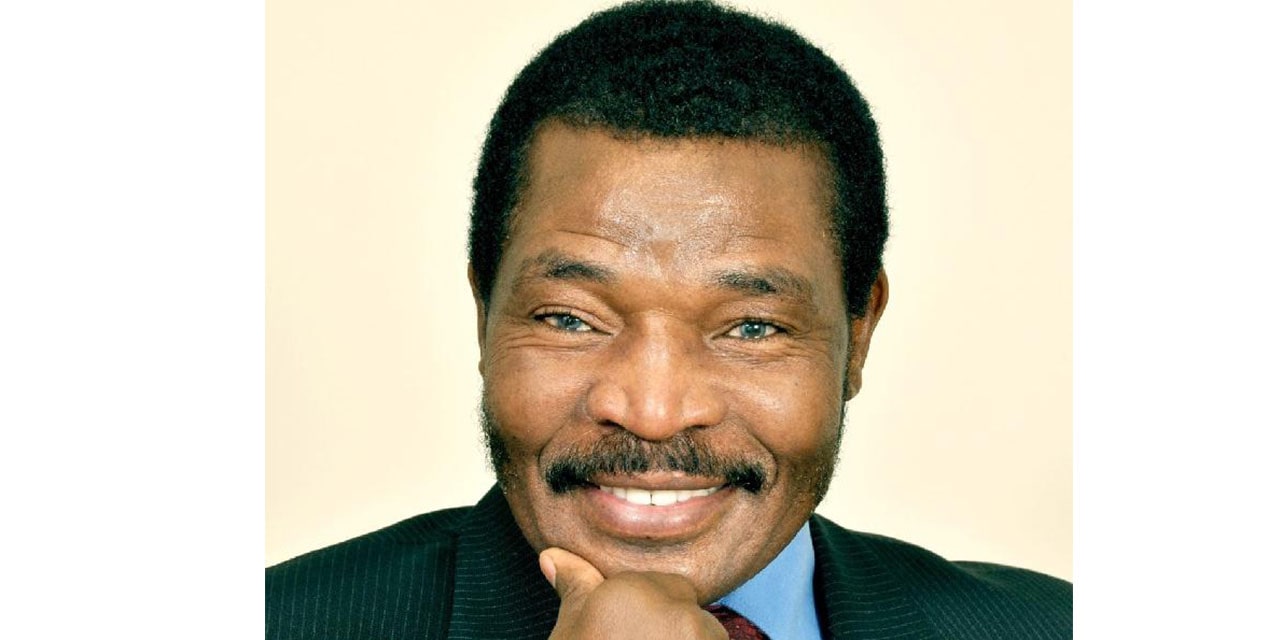President Hage Geingob came to the Presidency in 2005 with an impressive record as the architect of Namibia’s public service and there were high hopes that he would build a value system consistent to what he did with the civil service.
He was seen as the one who would lead the ‘Namibian Renaissance’, President Geingob’s ardent critic, Professor Joseph Diescho, told the Windhoek Observer.
Diescho says the vast knowledge about and experience of public administration of Geingob set him apart from his predecessors to develop and implement an all-inclusive Namibia nation philosophy, as per one of the most favourite slogans.
Henning Melber, asked what he expected from a Geingob Presidency, says he was looking forward to a sophisticated policy approach ‘’not bogged down by personal animosity and inability to handle criticism’’.
He says the president’s inability to ‘’respond constructively to critical challenges is in the way’’ and his worst enemy.
Diescho argues that the president instead of reinventing the values that fuelled the liberation struggle, introduced new development programmes such as the Harambee Prosperity Plan that ‘’pushed Vision 2030 and the National Development Plans to the backburner’’.
Geingob, like his two predecessors does not have the ‘’intellectual acuity to mortgage a nation out of the war of liberation, apartheid colonialism, genocide experience and age-old tribal histories’’.
While, Nujoma and Pohamba ‘’had the personas and styles that disabled tribalism from entering public space’’ and commanded respect from traditional leaders, Geingob’s ‘’seemingly intolerant and dismissive style’’ according to Diescho, did not help but fan raw tribal identity politics.
Referring to the genocide negotiations with Germany, he says, Geingob treats the affected Herero and Nama descendants as minor players in the process. ‘’Geingob should have put the Namibian House in order before he dispatched missions and envoys to Germany in the hope that he would get the ultimate credit for it. In other words, whilst it is important to deal with the reality that Germany is to negotiate with a sovereign Namibian state of which Geingob is the head, the competencies to navigate the history of the atrocities lie with the Ovaherero and Nama communities themselves with the state as an interested party,’’ he opines.
Geingob, he said, overestimated the power of the state, ‘’while underplaying the permanency and the agencies of the Ovaherero and Nama communities to own the process for better or for worse.
In Melber’s view, the president is sometimes his own worst enemy and while he expresses what seem to be genuine concerns about ethnic animosity, ‘’some of it is self-inflicted by the governance and divisive policies, such as land redistribution or the German Namibian bilateral negotiations over the genocide.
But, Melber says Geingob cannot be blamed for the increasing tribal frictions, saying it is a ‘’structural legacy of the apartheid days, which left a huge burden’’ and therefore it would be unfair, ‘’though more could have been done to reduce the frictions and the internalised identities’’.
‘’He was dubbed ‘the unifier’ but unity is far away,’’ observes Melber, referring to Geingob’s election campaign slogan.y
NATION BUILDING
According to Diescho, more people feel alienated from the central government today then ten years ago, in part because the central government moved to centralise power instead of decentralising how the country is governed.
Diescho says Namibia has never developed a template for nation building and has lost the grip on this essential ingredient of a nation state.
Swapo, he says, never cultivated an intellectual culture to inform and guide the project of national building post-independence. ‘’Namibia lacks a coherent national ideology around which all citizens can coalesce even in times of normal disagreement. In the absence of a centre that holds, things can only fall apart,’’ Diescho argues. All this, he blames on the Swapo culture of ‘’Us versus Them’’ that is those who returned from exile and the rest.
‘’The Geingob presidency, because it arrived with so much hope and optimism, did not rise to the occasion to meet the expectations. As such it left many people waiting for the good news to come which never came. Instead, the new administration created an arrogant toxic atmosphere that is increasing apologetic, self-serving, defensive, and totally unresponsive to the needs of the people.
Diescho hopes that the president corrects himself during the remainder of his last term to redeem his narrative and recast his legacy.
‘’A president’s failure is the nation’s failure. I am not sure, however, if he has it within his make-up to hear what people are saying and own up to his faults and shortcomings by showing contrition ad to atone,’’ he advices.
Melber comments that Geingob sometimes is good when telling success stories of the government ‘’but then ruins the positive image when being confronted with critical questions he does not like wo which he responds aggressively. Citing his last interview with Al Jazeera when he seemed to get upset when asked about the recent export of elephants to Dubai.




